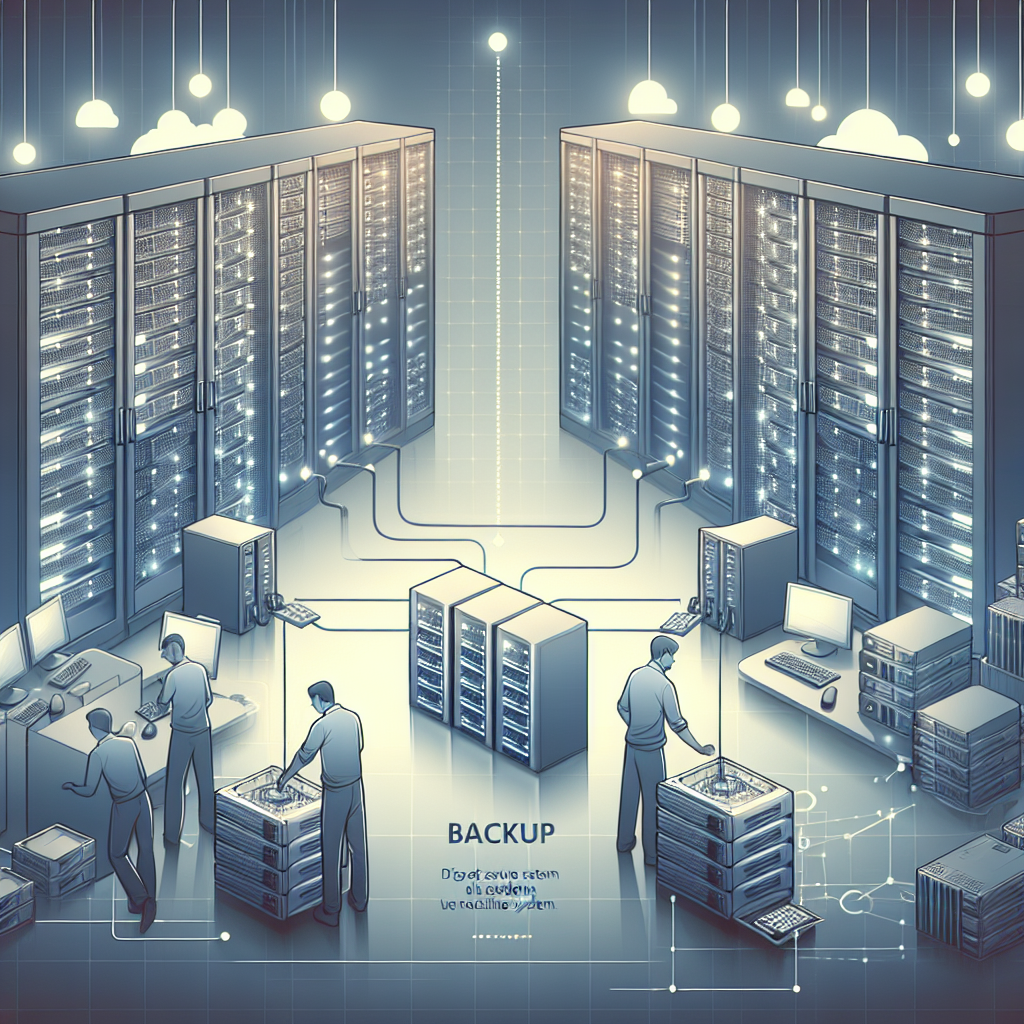Your cart is currently empty!
The Role of Redundancy in Maintaining Data Center Uptime

Data centers are the backbone of modern businesses, housing the critical infrastructure that supports everything from email communication to e-commerce transactions. To ensure uninterrupted service, data centers must maintain high levels of uptime, with even a few minutes of downtime potentially costing a company thousands of dollars.
One key factor in maintaining data center uptime is redundancy. Redundancy refers to the practice of having backup systems and components in place to ensure that if one fails, another can seamlessly take its place. Redundancy is critical in data centers because even the smallest failure can have a cascading effect, leading to widespread outages and disruptions.
There are several areas where redundancy plays a crucial role in maintaining data center uptime. One of the most important is power redundancy. Data centers rely on a constant and reliable source of electricity to keep servers and other equipment running. Power outages can be catastrophic for a data center, leading to data loss and downtime. To mitigate this risk, data centers typically have multiple power sources, including generators and uninterruptible power supplies (UPS), to ensure continuous power supply in the event of an outage.
Similarly, network redundancy is essential for maintaining uptime in a data center. Data centers are connected to multiple networks to ensure that if one network fails, traffic can be rerouted through another. This prevents downtime caused by network failures and ensures that data can continue to flow uninterrupted.
Hardware redundancy is also critical in data centers. Servers, storage devices, and other equipment can fail unexpectedly, leading to downtime and data loss. By having redundant hardware in place, data centers can quickly switch to backup systems to minimize the impact of failures.
In addition to these technical redundancies, data centers also rely on redundant staffing and monitoring systems to ensure that any issues are quickly identified and addressed. Regular maintenance and testing of redundant systems are also essential to ensure that they will function as intended in the event of a failure.
In conclusion, redundancy plays a critical role in maintaining data center uptime. By having backup systems and components in place, data centers can minimize the impact of failures and ensure that services remain uninterrupted. As data centers continue to play a central role in the digital economy, maintaining high levels of uptime through redundancy will be essential for businesses to remain competitive and meet the growing demands of their customers.

Leave a Reply